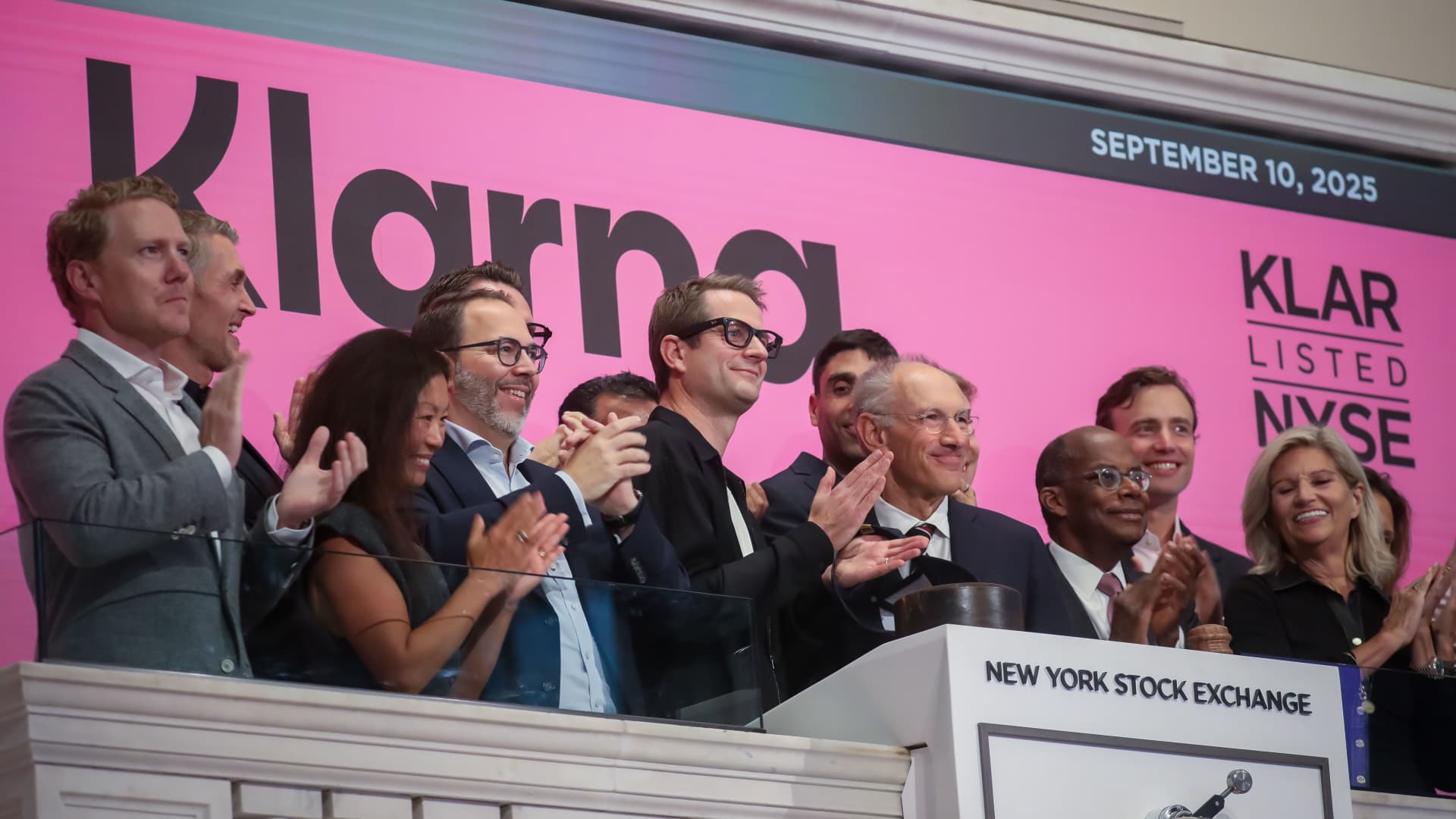
Aside from pushing stocks to all-time highs, the artificial intelligence boom is also giving private equity funds a boost by thawing the frozen IPO market and providing much-needed liquidity. However, AI is also creating what senior industry figures describe as a “frothy” investment landscape in some corners of the market, making it harder to identify the next crop of startups to invest in. The end of the zero-interest-rate era in 2022 brought the M & A and IPO markets — the industry’s primary exit paths — to a virtual standstill. Without a steady flow of cash returning from successful investments, investors in private equity funds like pension funds and endowments have grown reluctant to commit capital to new funds. “One of the big challenges in private equity right now [is] a lack of monetization,” Tony Tutrone, head of private markets at Neuberger Berman, told CNBC at the private equity conference IPEM in Paris. Tutrone said while the market was recovering in early 2025, the U.S.-led trade war in April “put the brakes on everything.” “The big thing it’s done is harmed fundraising because clients need the cash to come back to them so that they can invest in new vintages,” he added. The AI catalyst That dynamic has begun to shift in the second half of 2025, with artificial intelligence acting as the primary catalyst. Large corporations are paying hefty premiums for AI companies, providing a welcome exit route for their private equity backers. Hala Fadel, a managing partner at private equity firm Eurazeo, pointed to her firm’s recent sale of German AI firm Cognigy, which automates customer support, to the publicly listed NiCE . The deal was worth just shy of $1 billion . “It was quite [a] sizable exit — the largest AI exit in Europe,” Fadel said. “We’re seeing the exit environment getting a bit more fluid these days, with large companies wanting to position themselves in GenAI and therefore looking for acquisition targets.” Public markets are also showing signs of life with a handful of high-profile listings, such as the successful IPO of fintech giant Klarna , which has improved sentiment. Switzerland-headquartered firm Verisure, meanwhile, which is leveraging AI in its home security business, is set to raise 3.1 billion euros on the Stockholm Stock Exchange, in what could be one of the largest listings this year. ‘Markets are definitely frothy’ Investors say a compelling AI narrative is now almost a prerequisite for a successful public offering. “You’re looking at companies with big, addressable target markets, oftentimes in technologies that have some exposure to AI and generative AI to benefit from some of these megatrends,” said Christian Resch, head of growth equity for Europe, the Middle East and Africa at Goldman Sachs Asset Management. But this renewed optimism has come with intense competition for promising AI assets, which has driven valuations to levels that many find alarming, drawing comparisons to the dot-com boom of the late 1990s. “Markets are definitely frothy, both on the public side and the private side,” Resch warned. “We’re seeing private companies valued at 50, 60, 100x or higher than that in terms of revenue multiples.” Aside from the lofty valuations, investors are also balancing another worrying prospect: that AI could potentially render many companies that are today’s safe bet obsolete. “It’s a risk that’s really hard to price,” said Miriam Schmitter, head of growth equity in Europe at CF Private Equity, relaying a sentiment she hears from her colleagues. “For almost every company they’re looking at, they think there’s a 5% chance that business model might no longer be valid in 10 years.” To overcome that, some investors are choosing to back companies that use AI to solve immediate and costly business problems for established large clients, rather than chase a theoretical potential. “We really focus on the companies that have very strong use cases,” said Eurazeo’s Fadel, citing Cognigy’s business model, which boasted clients such as insurer Allianz and airline Lufthansa . “They were automating 70% or 80% of their customer support, and this is a very strong use case that adds immediate value to companies,” she added. “This is what we’re looking for when we’re investing.”



